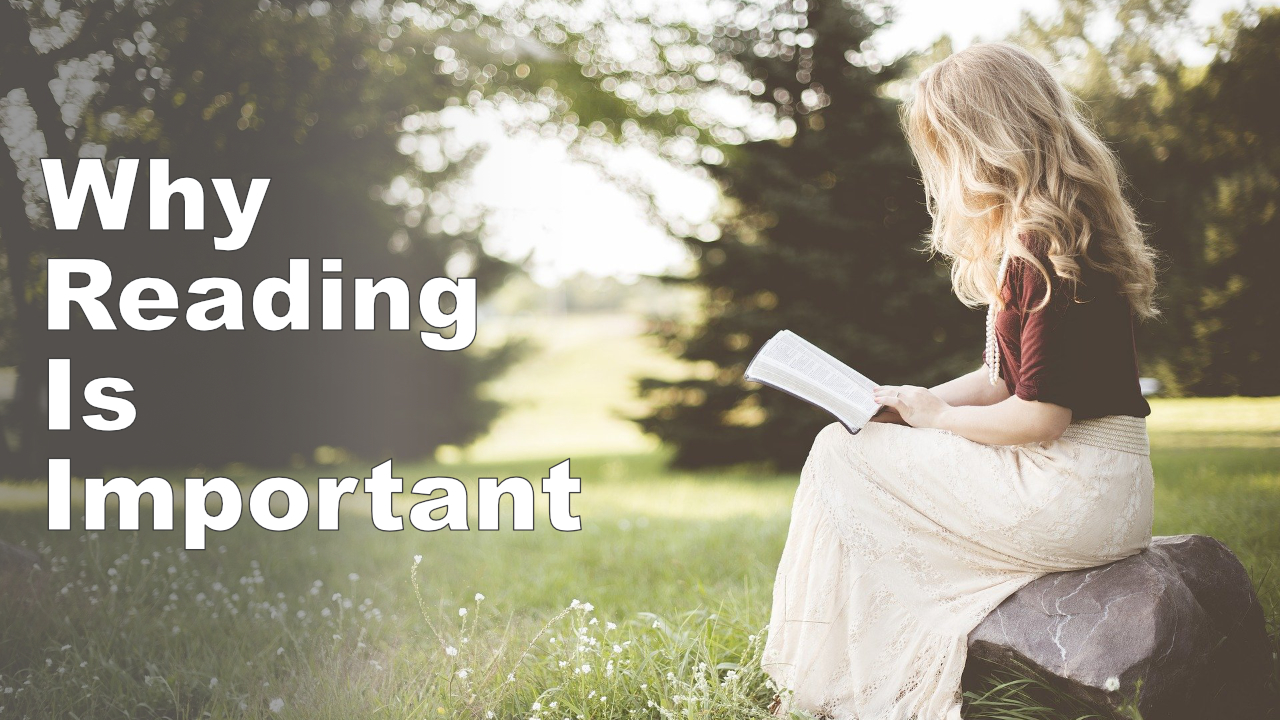
Asking students why reading is important often gets a negative response. “I haven’t read a book since I was 15!”, one of my students confessed the other day! At ELC Bristol teachers try to encourage students to read regularly by making sure they all choose a book to take home. Still, we also know that often these readers remain unopened for the whole of the student’s stay! Perhaps, they feel that immersing themselves in the amazingly diverse cultural and social experience that the school offers is far more important than sitting at home, curled up with a book. They have a point, of course, but what can reading add to your experience?
Reading is enjoyable!
Reading is one of the most rewarding and enjoyable ways of improving our communication. A book can immerse us in a new world while showing us natural patterns of language in familiar contexts and aid our recollection of language structures.
We all know that reading can increase our vocabulary. However, we need to be exposed to new language multiple times to really learn it. Reading offers the perfect opportunity to see the same word repeated many times, often in a variety of contexts. It’s similar to the flashcards which many students use to memorise new words. Reading offers the chance to see them repeatedly but with a far more appealing word list. Also, vocabulary is made memorable when language is brought to life. In books, words are given a context, and we are shown situations in which those words can be used. Moreover, we find a richness of vocabulary that we may not encounter when we are talking to people.
Word Building
Everyday language is often limited to the most basic adjectives, for example, a big house or a good book. Books will be more likely to expose us to a range of synonyms – a palatial home or a riveting read. Books can help us to grasp the nuances of these synonyms by providing an appropriate context.
Reading develops the useful skill of guessing at the meaning of unknown words. When we are absorbed in what we’re reading, we are less likely to rely on a dictionary to understand unfamiliar vocabulary. We use what we already know about language to deduce meaning. This can, in turn, hone our word-building skills. Books also show us how words work together in the language we’re learning and so help us build a range of common collocations for use in our speech and writing.
Reading to improve your grammar
When we struggle to learn new grammatical structures, reading can help by showing those structures repeated page after page and giving us time to absorb their patterns. Novels can be a great way of improving your understanding of past tenses used in narratives.
Commonly used words, for example, articles and pronouns, are repeated, giving us the perfect frequently-used word list. Reading can help us with difficult spelling. Irregular verbs, words with double letters and spellings like -ough can be impossible to learn if we only hear them spoken. It develops our ability to think in the language we’re learning. The quiet time it gives us allows the brain to slow down and digest that language.
By reading dialogues and seeing repeated patterns of speech, we also improve our spoken language. Choosing something to read that interests you and captures your imagination is fun and, of course, you’re learning so much more than just the language.